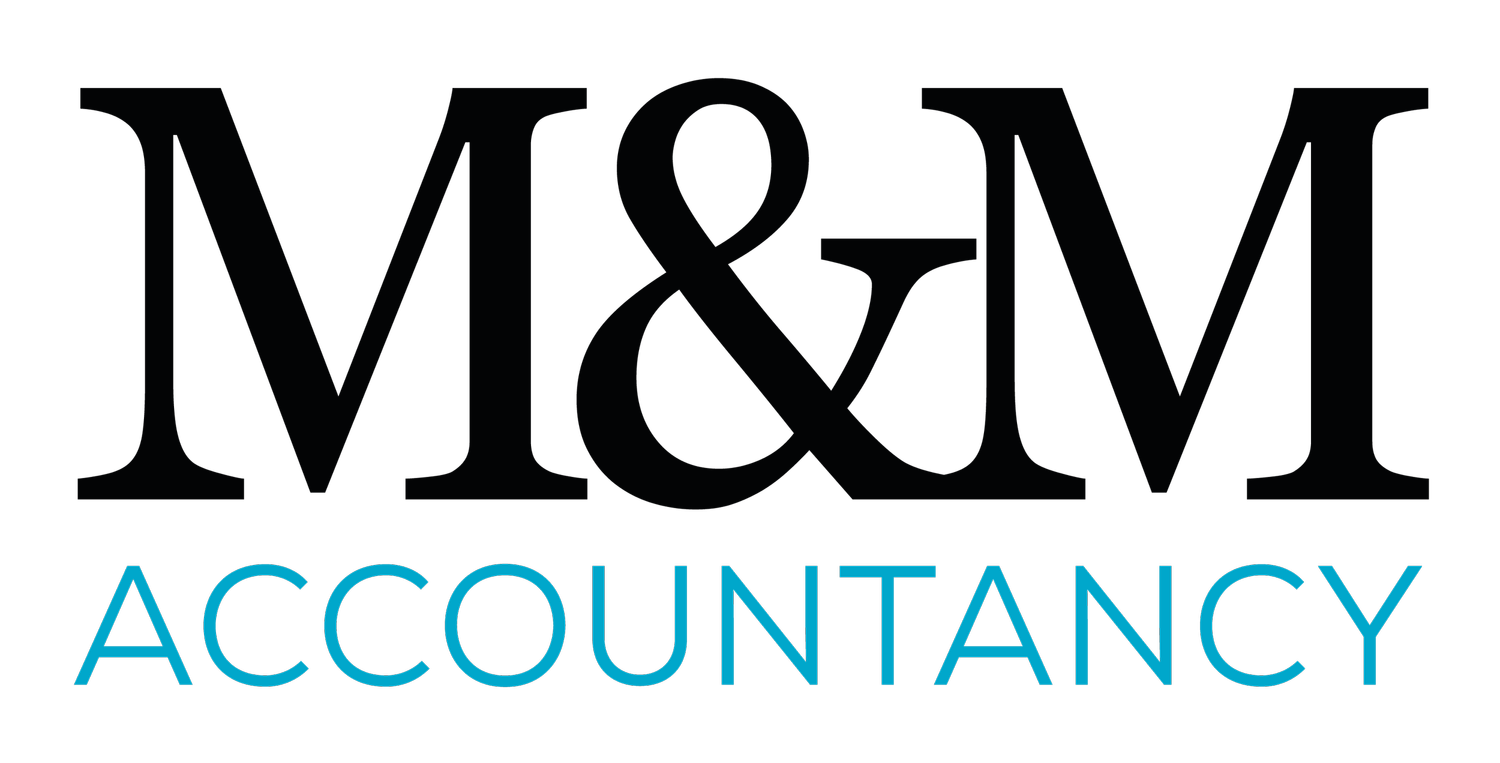Accounting Book Set Up for SME’s
Dubai is a faced-paced city that can be confusing to navigate as an entrepreneur or small business owner. If you don’t know where to start when it comes to day-to-day accounting, you’re not alone. In this guide, we’ll help you understand the basics and walk you through setting up and managing your accounting books.
Accounting Books: What You Need To Understand
Accounting books, also known as bookkeeping or record keeping, are where you track all your business money matters. They're important for seeing how your business is doing and gaining insight on its financial health by tracking where money is coming in from and going out to. By regularly managing these records and keeping your records up-to-date you can make informed business decisions like cutting costs or investing, staying tax compliant to avoid unnecessary penalties, track your business's financial progress, identify trends, and plan strategically for your business’ future growth.
The below step-by-step guide is designed to help you establish a solid foundation in managing your business's finances.
The Right Accounting Software for Your Needs
When it's time to choose accounting software for your business, start by thinking about what your business really needs. If you run a small or medium-sized business, you'll want software that isn't too complex for your bookkeeping. Look for features that match the kind of business you have. You want software that's straightforward to use and can work together with any other business tools you're using. Keep your budget in mind too. Tools like QuickBooks, Xero, or FreshBooks offer different features, so compare them to find one
Creating Your Chart Of Accounts
Creating a Chart of Accounts is like creating a mind map for your business's finances. It helps you sort the movement of your money, branching them out into groups like income, spending, assets, and debts. This framework makes it easy to see where your money is coming from and going to, helping keep your financial records clear and well-organized. Ensuring your Chart of Accounts is set up properly is important. This can be done either by your internal accountancy team, or can be outsourced to a local firm like M&M Accountancy, who will make sure every transaction goes into the right group. This will optimize your chart of accounts to help you manage and track your business's money while analyzing your financial data in real time.
Regularly Record Transactions
Regularly recording transactions is a crucial step in managing your finances. Start by establishing a routine, this could be daily or weekly, to update your financial records. Record every financial activity, no matter how small, including all sales, purchases, payments, and income. You can use basic accounting software for your bookkeeping, we recommend Xero, or a simple spreadsheet. Organize your transactions into clear categories like revenue and expenses, while double-checking your entries for accuracy to ensure they reflect your business activities correctly. Consistency in this process is key, as it provides a reliable and up-to-date view of your business’s financial health while making it easy for you to remain compliant and avoid any unnecessary penalties.
Review and Reconcile
Regularly reviewing and reconciling your records is crucial. This involves checking your financial records against bank statements or other financial documents. By keeping consistent, you can spot and correct any differences or errors. This step is vital for making sure your business’ financial information is accurate and reliable. It's like cross-checking your work to ensure everything adds up correctly, giving you confidence in your financial health.
Understand Key Financial Statements
As part of managing your business finances, it's important to understand key financial statements. These include income statements, balance sheets, and cash flow statements. Each of these documents offers insights into different aspects of your business's finances. The income statement shows profitability over a specific period, the balance sheet provides a snapshot of your financial health at a given moment, and the cash flow statement shows how cash moves in and out of your business. Understanding these can help you make informed decisions about your business's financial strategy.
Accounting Outsourced Services
As your business grows, keeping up with financial management can get more complex. This is where considering professional help, or an outsourced option becomes important. Outsourcing your accounting to a team like M&M Accountancy can be a great alternative to having an in-house accountant. An outsourced team brings specialized skills and offers a range of services, from day-to-day bookkeeping to strategic financial planning. Often at a more cost-effective rate than maintaining an internal accounting department. An outsourced team like M&M Accountancy gives you expert financial management support tailored to your business needs.
Navigating Financial Success in Dubai’s Business Landscape
Navigating financial success in Dubai's business landscape requires a strategic approach to financial management. Understanding the basics of bookkeeping, regularly updating and reviewing financial records, comprehending key financial statements, and considering professional accounting support are essential steps. By mastering these areas, you can effectively manage your finances, ensuring compliance, making informed decisions, and positioning your business for sustainable growth in Dubai’s dynamic market. Remember, effective financial management is a cornerstone of business success in any competitive environment.




